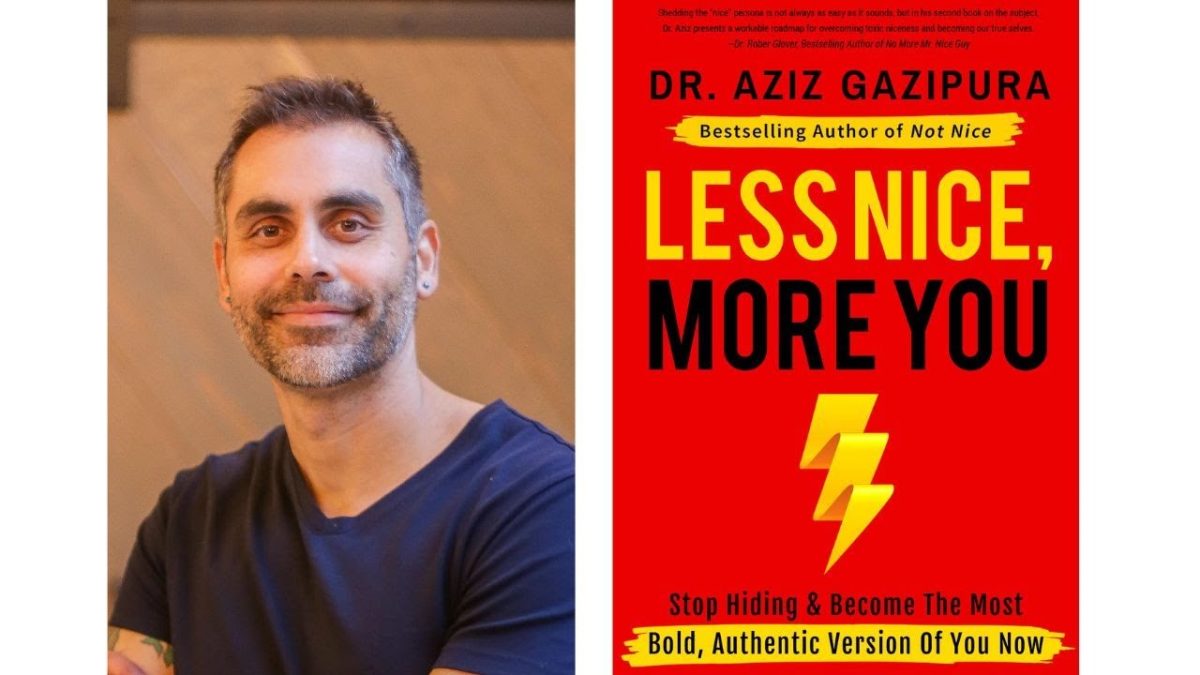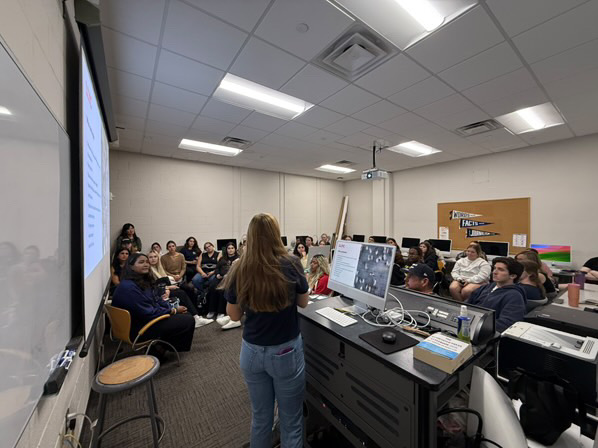On July 11, OU’s Alumni Association hosted their “3 Keys to Healthy Boundaries: Say No, Speak Up For Yourself, and Confidently Express What You Want” webinar. The webinar expressed a sense of freedom and power by using relevant skills to build healthy relationships, deeper connections and more confidence in work life.
Dr. Aziz Gazipura, the world’s leading confidence expert and author of six best-selling books, including “Not Nice” and “Less Nice, More You,” addressed the importance of healthy boundaries to accelerate in personal and work lives.
Gazipura first addressed his background experiences with social anxiety that led him to advise others further.
“I was afraid of talking to anyone I didn’t know and saw it as ‘this is just how I am,’” Gazipura said. “I discovered that you could learn confidence and it steered my life path.”
Gazipura expressed the need to set boundaries as preferences, in other words, as what you want and do not want.
“Setting boundaries will help you say ‘no’ when you need to speak up for yourself and confidently express what you want,” Gazipura said. “When you say no, you’re able to steer your energy towards what it is you want to focus on.”
He also shared the necessity of considering your obstacles before setting these preferences.
“The biggest obstacle I see is a fear of upsetting others. Fear is felt by not wanting to hurt others or to be seen negatively,” Gazipura said.
Gazipura explained that fear has conditioned humans to hate rejection by others but are more so afraid of direct contact.
“Direct contact is when a group of expressive and truthful people come together to share experiences,” Gazipura said. “When we share a boundary with someone we have a deeper relationship with, we are afraid of others seeing the real us and fearing direct contact with them.”
He further explained the skills to stand up for yourself and to do so without hesitation.
“The first key is building an assertive mindset including permission, healthy entitlement and making yourself a part of the equation,” Gazipura said.
Gazipura’s explanation of permission focused on personal preferences being essential in the process of developing assertiveness.
“The healthy entitlement is the part of the assertive mindset that provides the fuel allowing to speak up,” Gazipura said. “Finally, making yourself a part of the equation is the way to say your needs matter.”
Gazipura further explained that the assertive mindset takes the responsibility to communicate and stand up for yourself.
“Less is more when it comes to being assertive,” Gazipura said. “The second key focuses on eliminating over-explanations and pushing yourself all different ways.”
He then focused on the challenges to avoid over-explaining and permitting yourself to accomplish all tasks.
“The last key to having healthy boundaries is the right amount of vulnerability,” Gazipura said. “An attempt you have to be able to learn when someone is trying to control you is being vulnerable with people means they could control you more.”
Gazipura expressed vulnerability as a powerful tool for influencing others through an authentic connection. In the end, all three keys addressed newfound skills in setting boundaries and the power to direct life without fear or hesitation.
Visit the OU Events Calendar through the Alumni Association for more information about Gazipura and future guest speakers.








Liza • Aug 13, 2024 at 2:03 PM
Thank you for sharing! Be sure to check out all the webinars (free!) on our the OU Events Calendar throughout the year. There are many different topics and you can even listen to them after they have been aired.
Mr. Abbott • Jul 24, 2024 at 12:52 PM
Insecurity breeds sensitivity. Accomplishments foster confidence.